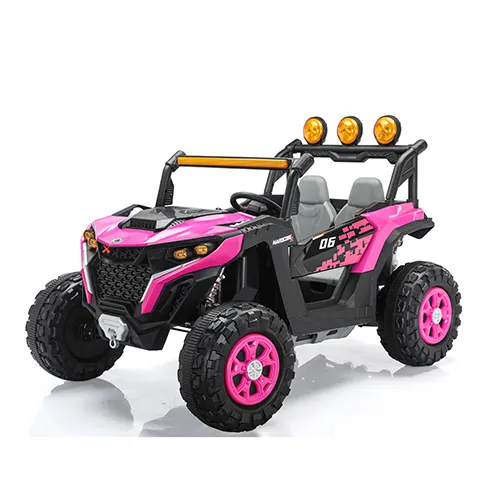baby walkers banned
The Controversy Surrounding Baby Walkers Should They Be Banned?
In recent years, the safety of baby walkers has become a contentious topic among parents, pediatricians, and safety advocates. Baby walkers, designed to assist infants in their initial stages of mobility, have been a staple in many households. However, a growing body of evidence suggests that these devices may pose significant risks to children's safety, prompting calls for bans in various regions. This article explores the reasons behind these concerns and the debate surrounding the potential ban on baby walkers.
The Controversy Surrounding Baby Walkers Should They Be Banned?
One of the most pressing concerns is that baby walkers provide mobility that far exceeds a child's natural abilities. As infants begin to use walkers, they may reach areas that are dangerous or not childproofed. This enhanced mobility can lead to serious accidents, including falls from elevated surfaces, drowning incidents, and burns or cuts from items within their reach. In many cases, a child in a walker can move quickly, putting them in harm's way before a caregiver can intervene.
baby walkers banned

In response to these dangers, several countries have implemented bans on the sale and manufacture of baby walkers. Canada, for instance, officially banned the sale of baby walkers in 2004, citing the need to protect children from preventable injuries. Similarly, in the European Union, regulations have been put in place to restrict the use of walkers. The rationale behind these bans is simple if a product is known to cause injury, it should not be available on the market.
However, arguments against the banning of baby walkers often center around parental choice and education. Some parents believe that with proper supervision and safety precautions, walkers can be used safely. Advocates for baby walkers argue that banning them infringes on personal liberties and that parents should be educated on how to use walkers responsibly rather than being deprived of the option entirely. They contend that walkers can support gross motor skills development when used correctly, emphasizing the need for an informed approach rather than outright prohibition.
These opposing views highlight a broader dialogue about child safety and parenting practices in modern society. As parents navigate the challenges of raising young children, the debate over baby walkers serves as a reminder of the importance of thorough research, informed choices, and proactive safety measures.
In conclusion, the question of whether baby walkers should be banned is multifaceted and complex, reflecting differing values surrounding child safety and parental autonomy. While the potential hazards posed by baby walkers are significant and well-documented, the decision to ban them should consider both the need for child safety and the rights of parents to choose how they raise their children. As the discussion continues, it is of utmost importance to promote awareness of the risks involved and encourage safe practices for those who choose to use these devices. Ultimately, prioritizing children's well-being should guide decisions regarding the future of baby walkers in our society.
-
Kids battery power car baby four-wheel off-road vehicle children electric toy carNewsMar.07,2025
-
New Hot Design Factory Wholesale Light Weight Small Folding Size Baby StrollerNewsMar.07,2025
-
2022 newest factory boys and girls powerful battery operated 4-wheel ride on electric carNewsMar.07,2025
-
2022 newest factory boys and girls powerful battery operated 4-wheel ride on electric carNewsMar.07,2025
-
Kids battery power car baby four-wheel off-road vehicle children electric toy carNewsMar.07,2025
-
toddler electric atvs manufacturerNewsMar.07,2025
